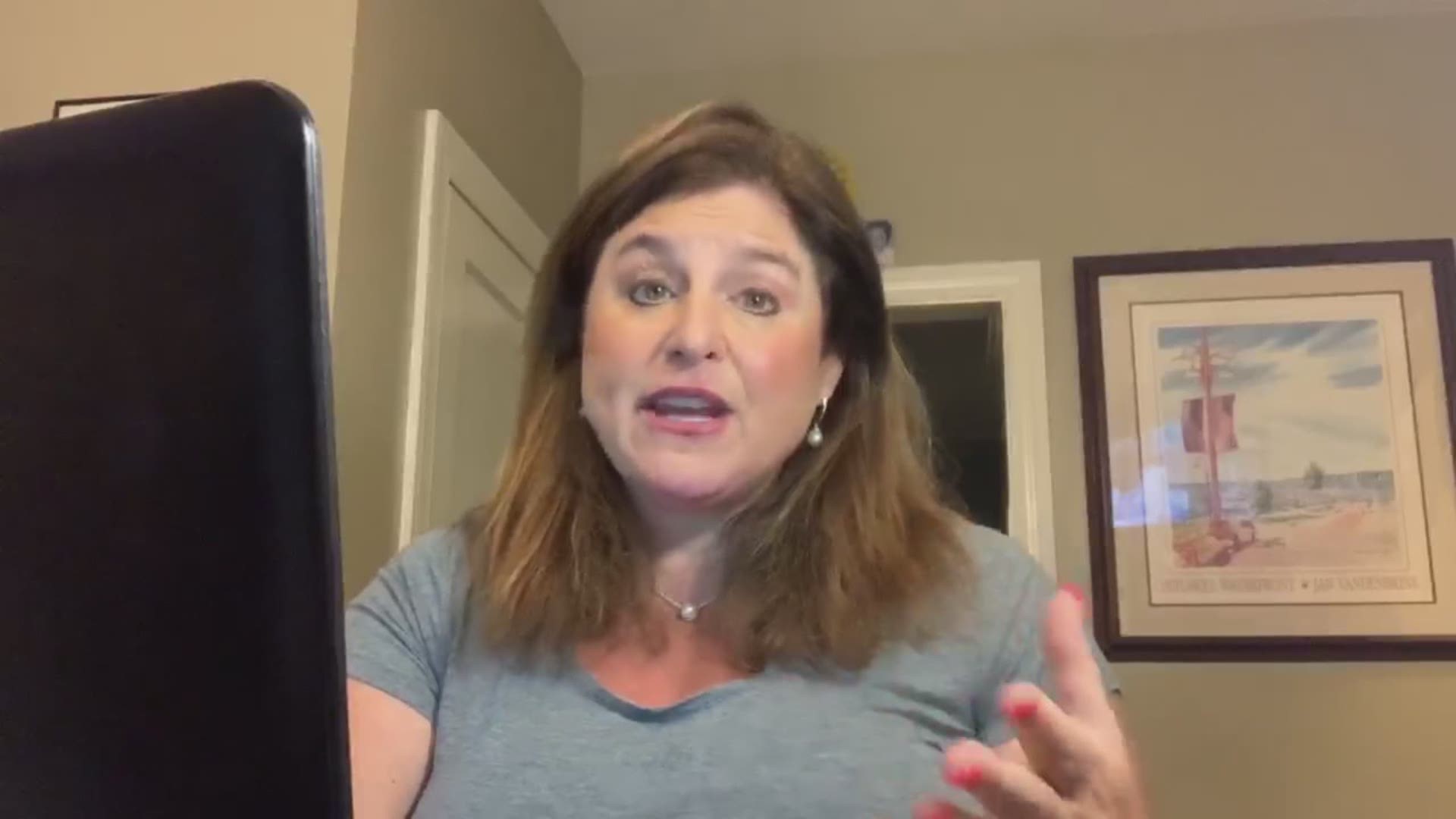MEMPHIS, Tennessee —
July marks the 4-year anniversary of the protest that shut down the I-40 bridge. The 2016 protesters were upset with many of the same things they are upset about today. So, has there been any progress? Were any of the protesters’ demands from 2016 ever met?
2016 protesters say if more inequity issues had been addressed over the past 4 years, we might now be in this situation now.
"I think it's pretty clear that not enough has been done. I think there have been mild attempts so far to maybe, for lack of a better term, pacify the public," said Rev. Earle Fisher, activist.
Fisher was on the I-40 bridge that day in 2016. Protesters asked for many things from cultural sensitivity training for police, to increasing the contracts issued to minority businesses, to criminal justice reform, and more police accountability.
"I can't say that any demands were met," said Fisher.
Protester Frank Gottie marched then and now and hopes this time around the city listens.
"If they don't want Memphis to go up in flames like the other cities, they better change something," said Gottie.
When it comes to the demand of additional cultural diversity training for police, Fisher says the city did hire a company to that, but they were from the east coast and didn't involve local activists.
"Unless we can help foster a relationship between the people who produce these demonstrations and the people who are authorized to charge and protect, in these moments we will still see the fans of distrust fanned."
A Memphis city spokesperson said since 2016, there have been changes for the better in many things, including in the number of minority contracts issued, increasing crime prevention and community programming, and increasing police training.
"I also think it's important to talk about the developments since 2016," said Fisher.
Since 2016, it was revealed city hall kept a "blacklist." Those on it were only allowed in city hall with an escort. Also, a federal judge ruled the city was violating a consent decree regarding the surveillance of political activists. The city is trying to make changes to that ruling.
Fisher says he has three recommendations:
local activists should be involved in police diversity training
make it a policy it is mandatory for police to report or intervene when they see police use excessive force
as a token of good faith, Fisher says the city should withdraw a request to the court that would make it easier for them to spy on activists.
A Memphis city spokesperson also said one of the protester’s demands was naming Michael Rallings police director, and that happened in August of 2016.
Here is a list of the demands the community wanted in 2016 and a response from the city of Memphis regarding its status:
Name Michael Rallings police director.
RESPONSE: Director Rallings was named Police Director on August 7, 2016.Increase minority contracting.
RESPONSE: We continue to do this. When the mayor took office, 12.63% of city contract spending went to MWBEs. That number is now close to 22% in FY19.Increase crime prevention through community programming.
RESPONSE: We are doing this. We’ve extended library hours, many branches are now open on Friday. We’ve increased programming at libraries and introduced more programming in our community centers, including spring break camps (for the first time) and literacy components in summer camps.Increase community policing training and cultural sensitivity training.
RESPONSE: The officers of the Memphis Police Department are doing this. We also have an MOU with the U.S. Department of Justice COPS program to review our community policing strategies and use of force

